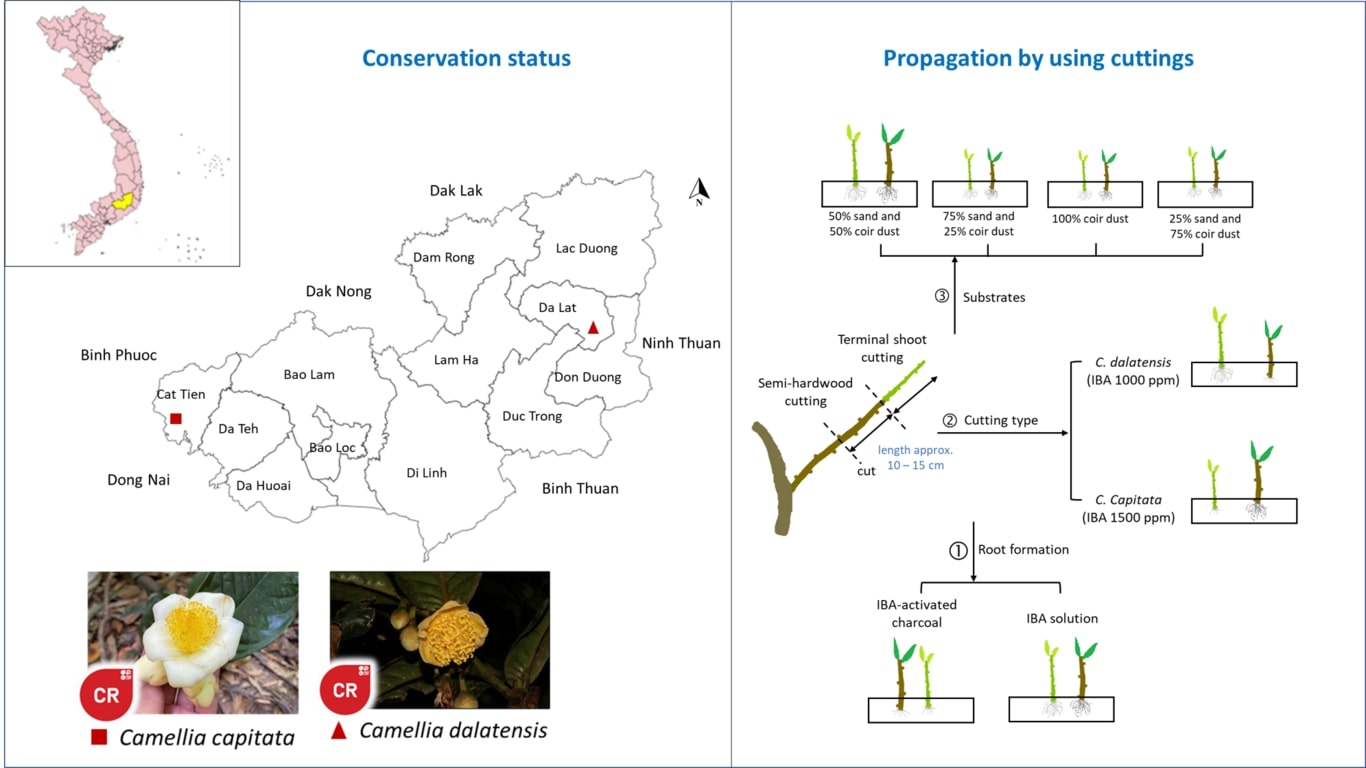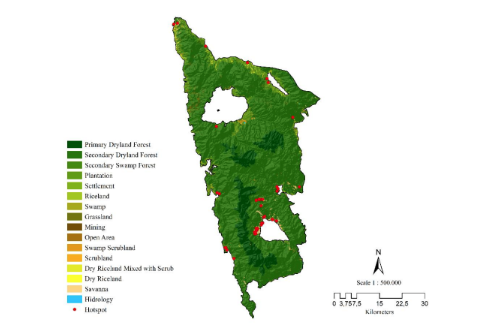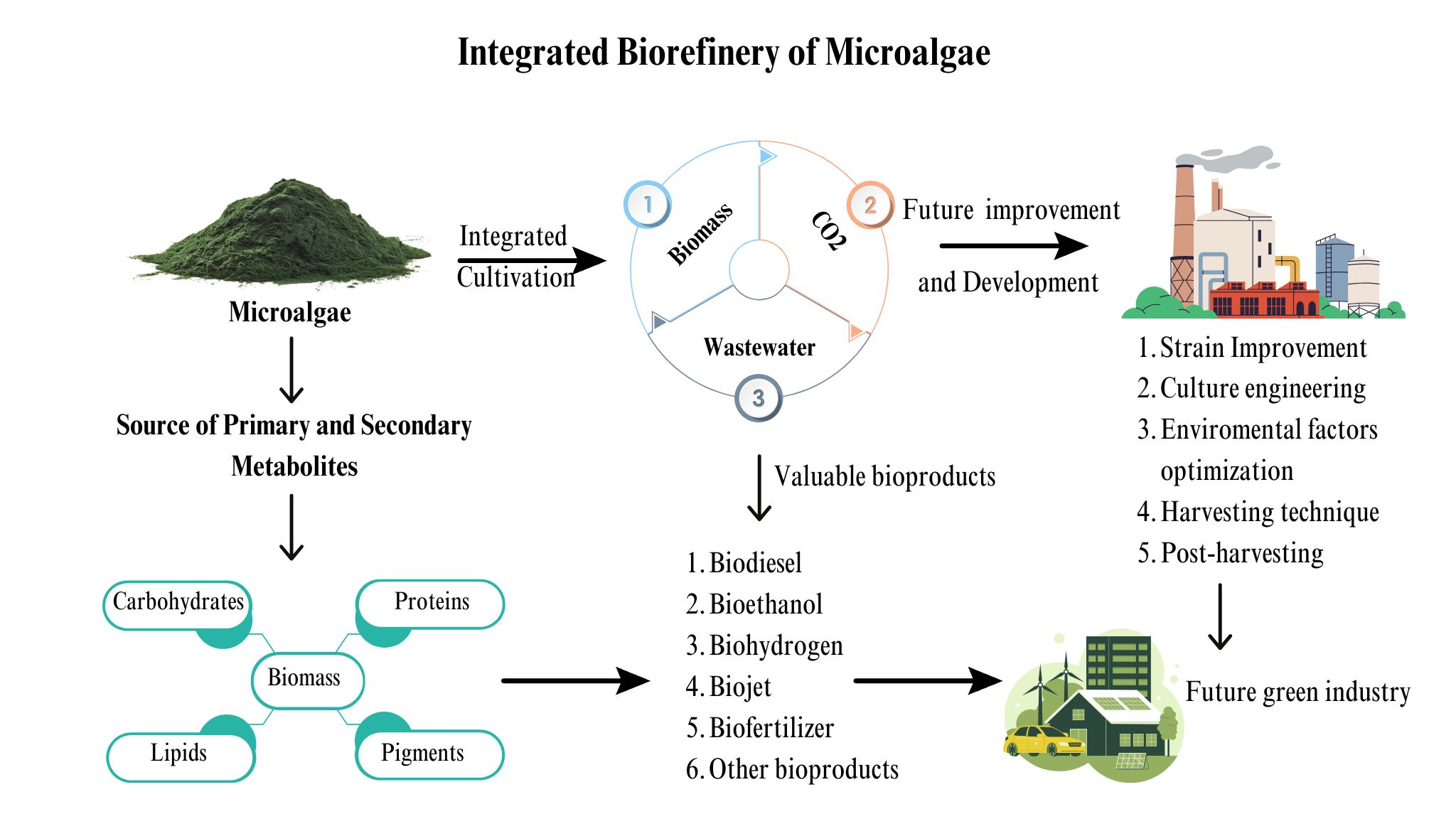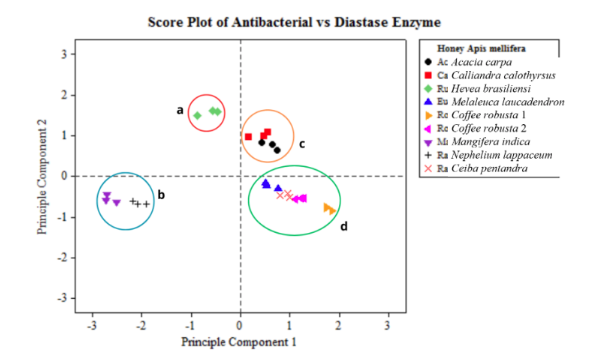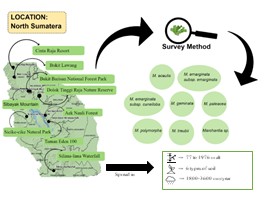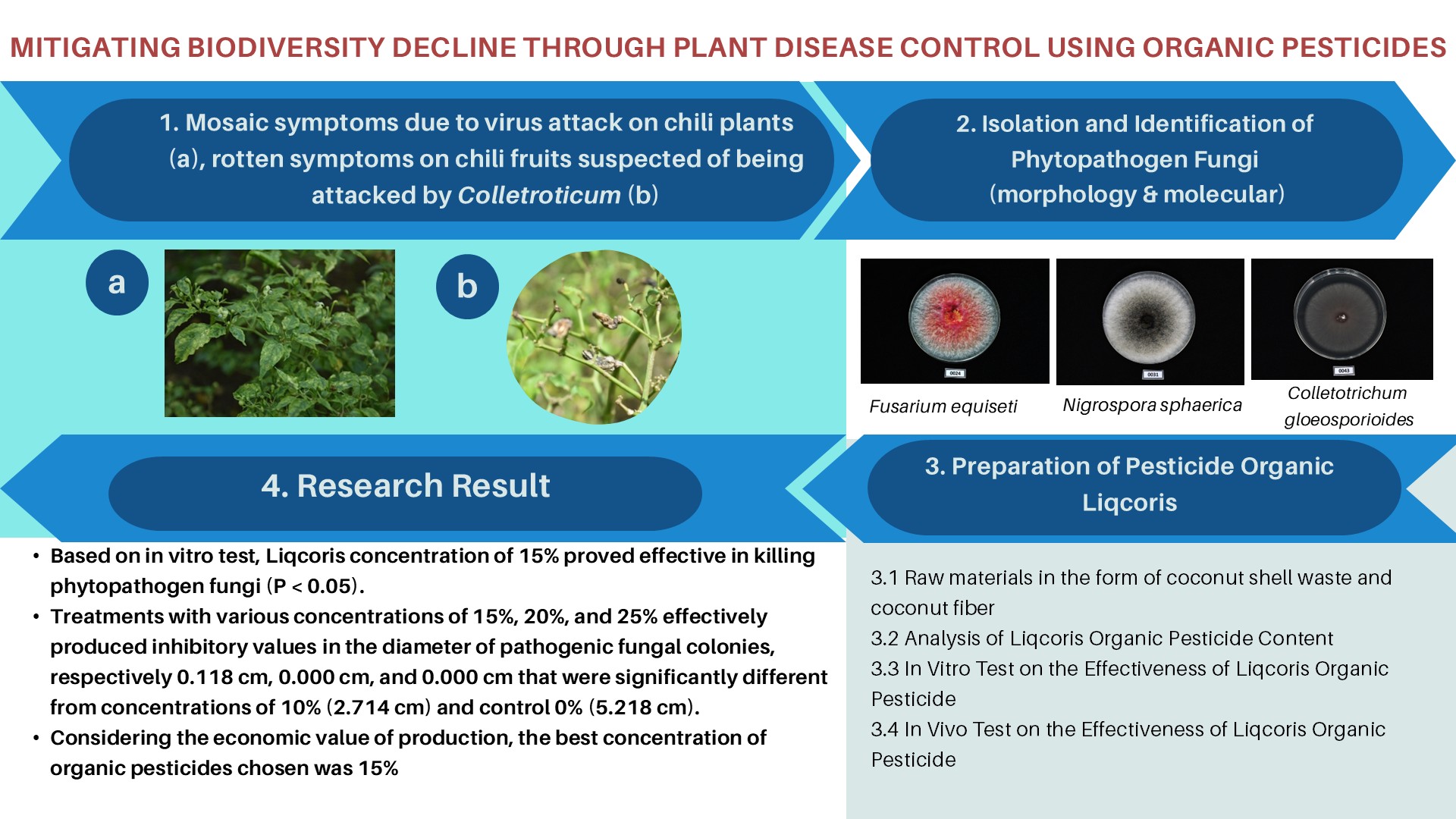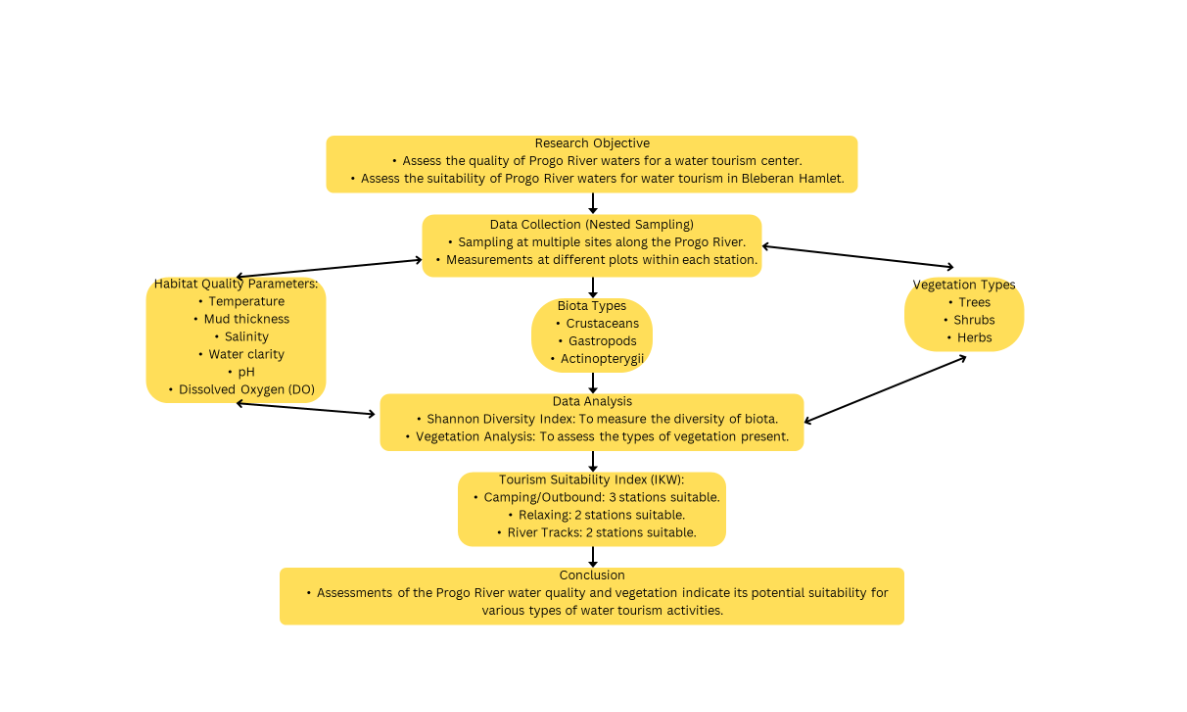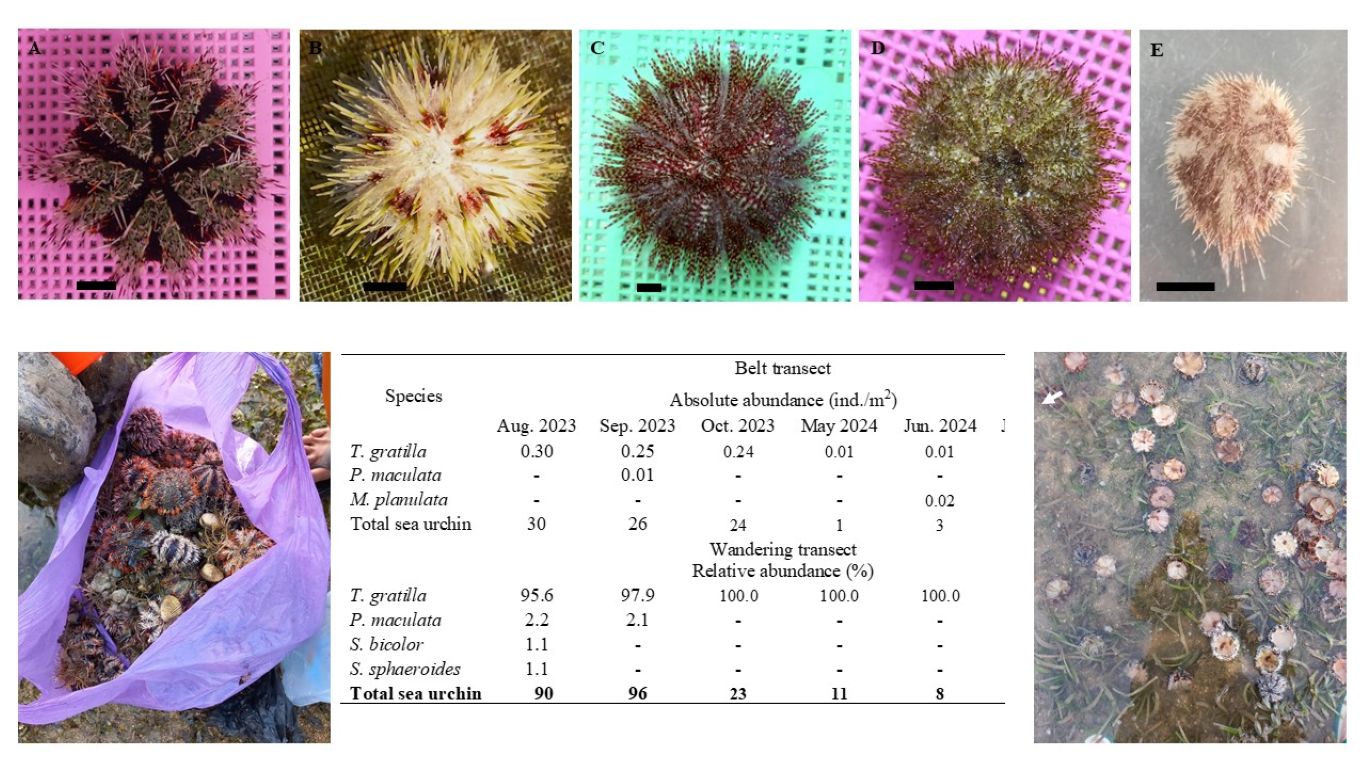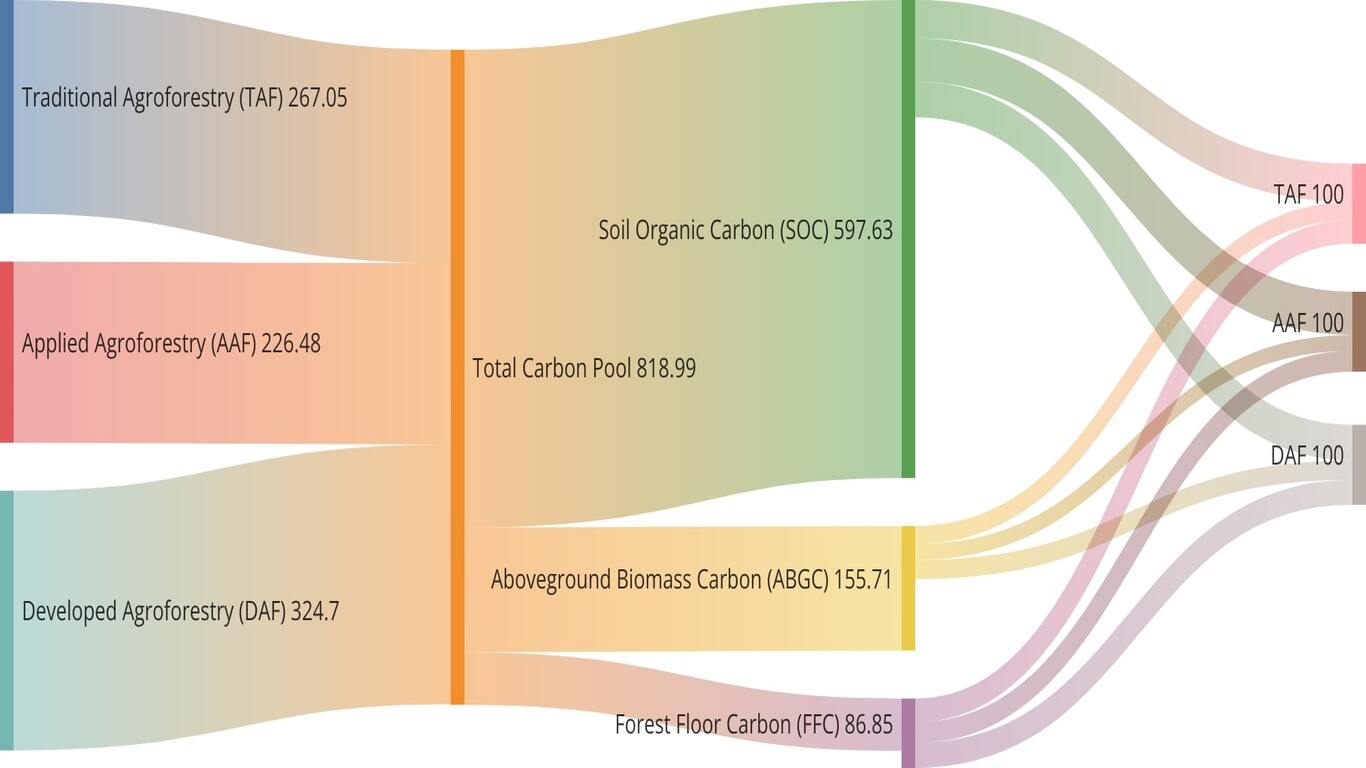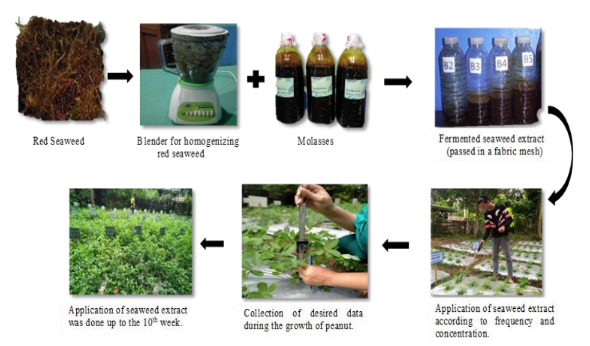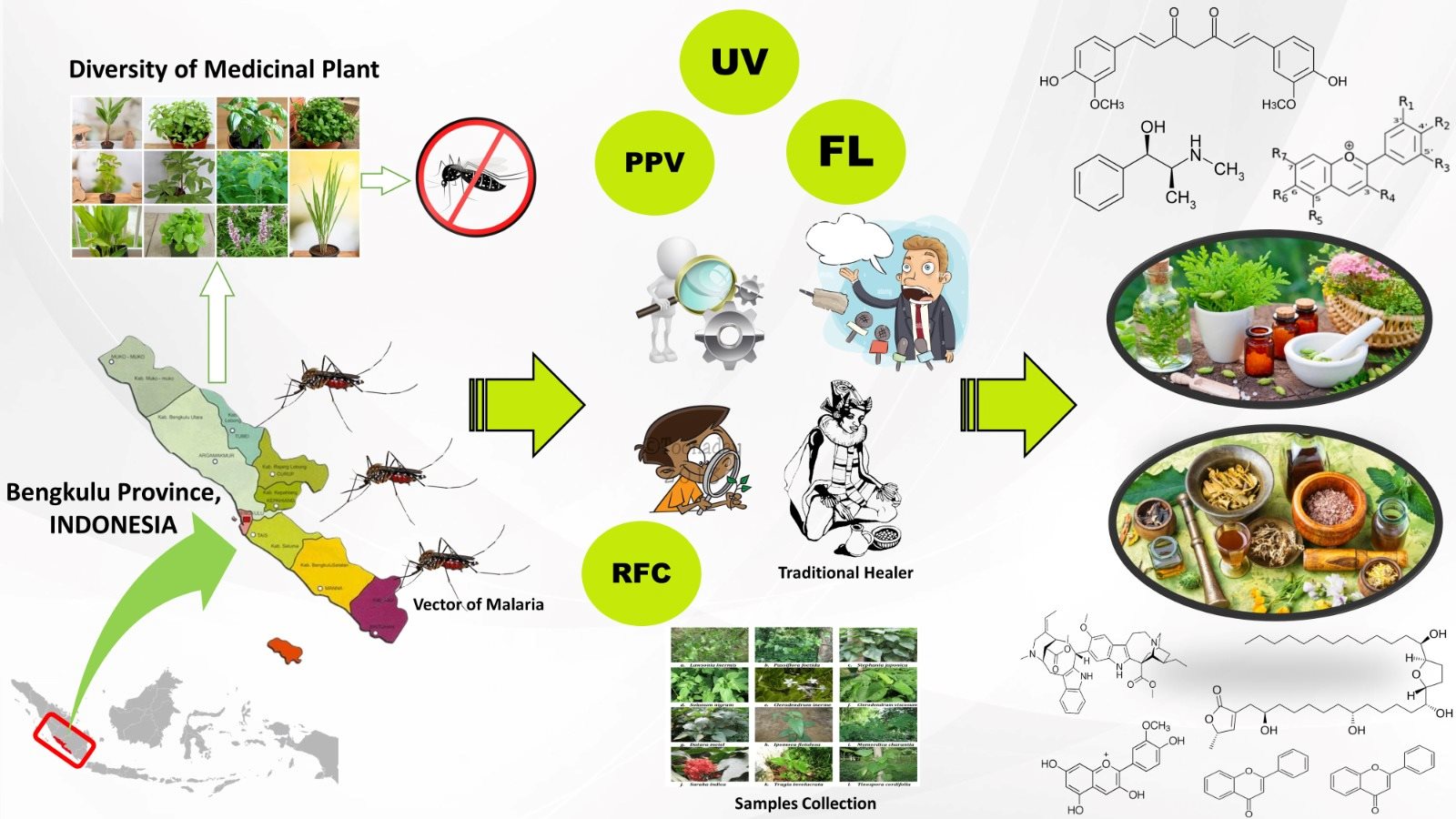PREGNANT AND LACTATING Macaca nigra: BEHAVIOR AND FOOD SELECTION
Downloads
Pregnancy and lactation are reproductive phases that require large amounts of energy. Females in the reproductive period need good quality and quantity of food to provide nutrition for the fetus, milk production and child care. The mother will adapt to changes in behavior patterns and food type to meet these needs. The influence of parity and environmental conditions can affect the behavior patterns of females. During pregnancy, the Macaca nigra is known to have different proportion of activities in each period, while the behavior during the lactation phase in each mester is unknown. Therefore, this study aimed to analyze the behavior patterns in each mester and the food selection of Macaca nigra during the pregnancy and lactation phases, as well as the influence of female parity and environmental toward the behavior patterns. There were 39 females Macaca nigra observed from two groups from August 2018 to July 2019. An instantaneous focal sampling method was performed to observe females’ daily activities, continuous focal sampling to monitor food types and a selectivity index to analyze food type preferences. The results showed that the female Macaca nigra pattern was influenced by the reproductive phase, female parity and environmental conditions. Females at the end of the pregnancy and lactation phases had a high proportion of feeding and eat more arthropods. Primiparous females mostly performed resting activities. Food preference was influenced by reproductive factors and food availability. The choice of fruit could be affected by fruit availability, and their favorite food was D. mangiferum and Euginia sp.
Downloads

This work is licensed under a Creative Commons Attribution-NonCommercial-NoDerivatives 4.0 International License.
Authors who publish with this journal agree with the following terms:
- Authors retain copyright and grant the journal right of first publication, with the work 1 year after publication simultaneously licensed under a Creative Commons attribution-noncommerical-noderivates 4.0 International License that allows others to share, copy and redistribute the work in any medium or format, but only where the use is for non-commercial purposes and an acknowledgement of the work's authorship and initial publication in this journal is mentioned.
- Authors are able to enter into separate, additional contractual arrangements for the non-exclusive distribution of the journal's published version of the work (e.g., post it to an institutional repository or publish it in a book), with an acknowledgement of its initial publication in this journal.
- Authors are permitted and encouraged to post their work online (e.g., in institutional repositories or on their website) prior to and during the submission process, as it can lead to productive exchanges, as well as earlier and greater citation of published work (See The Effect of Open Access).









